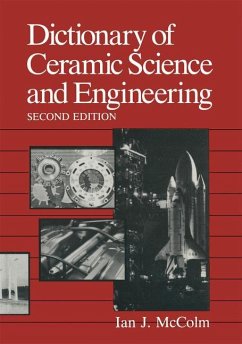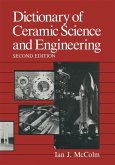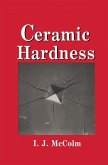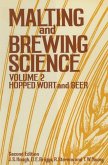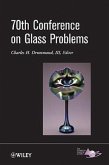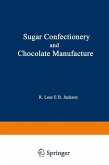Ceramics always was a broad field and now as the Like my predecessor I have provided only defini boundaries continue to expand it is one of the truly tions. No effort has been made to include pronuncia interdisciplinary areas. This publication, in its re tion, derivations, or syllabication of entries. A large vised form, must reflect this. The trend is toward number of acronyms and abbreviations have been more utilization of ceramics as integrated materials included. The text is in fact somewhat hybrid because together with polymers, metals, and other ceramics, many of the entries appear similar to those in an for both structural and electronic applications. Thus, encyclopedia while struggling to remain concise. new fabrication technology is providing the new Reemphasizing the interdisciplinary nature of mod vocabulary of this growth; areas like thin-film proc em ceramics, and the varied backgrounds of those essing, sol-gel techniques, as used by the electronics who are interested in or work in the industry, striking industry; fiber forming, weaving, and ultrahigh vac a balance between the many allied disciplines con uum and temperature methods must be included in a tributing to ceramics and the hope of being compre glossary of vocabulary purporting to deal with ce hensive but yet concise has been a difficult task. I ramics and their science.
Bitte wählen Sie Ihr Anliegen aus.
Rechnungen
Retourenschein anfordern
Bestellstatus
Storno

